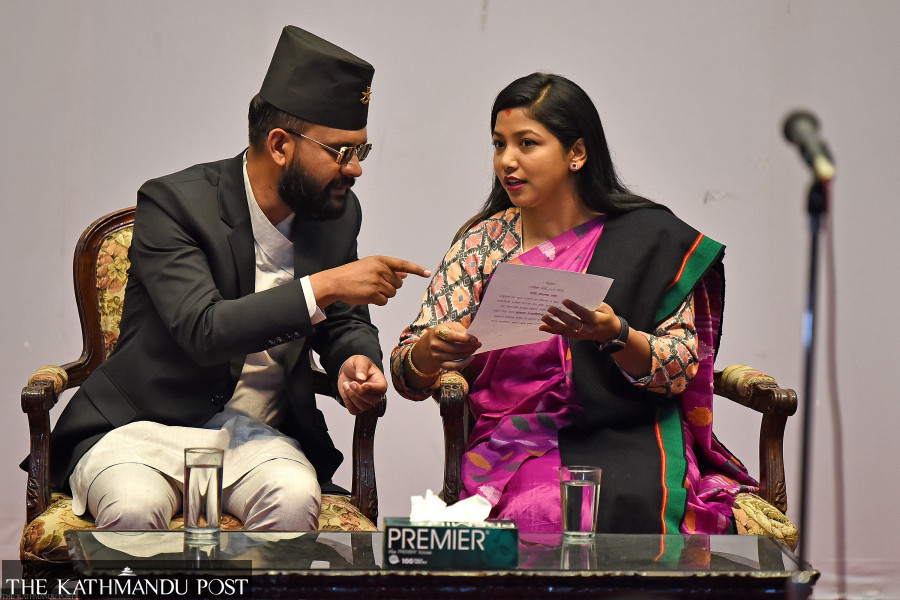Editorial
Strengthen the base
Unless our local bodies are more accountable and efficient, core democratic rights can’t be ensured.
Of the three tiers of governments in Nepal, the local level is considered the most effective in terms of service delivery, in carrying out small development activities and resolving local disputes. A strong suit of local elected representatives is that they know the ground reality, and are aware of their area’s resources, needs and priorities. Again, local administrations in Nepal have been historically effective. With the adoption of the federal system, and the Constitution of Nepal 2015 drastically increasing the local level’s authority, they got stronger. They however do poorly when it comes to ensuring transparency, accountability and making efficient use of available resources that are crucial in ensuring good governance.
Take the country’s largest metropolis—the Kathmandu Metropolitan City. Officials at the metropolis office and all ward offices are confused about programmes and budget allocation for next fiscal year. KMC Mayor Balendra Shah has not convened an executive meeting for nearly six months, even as it has to be held every month as per the Local Government Operation Act 2017. Usually, such meetings tend to be deferred when relations between the elected representatives—particularly between the chief and deputy chief—are unhealthy. This is a common trend across the country. Independently elected Mayor Shah has failed to hold regular meetings at the KMC mainly after his working relations with Deputy Mayor Sunita Dangol, who is from the CPN-UML, and Chief Executive Officer Saroj Guragain, recently worsened.
One after another dispute and lack of vital meetings at the KMC are likely to hamper work at the country’s largest metropolis. The KMC already falls behind in carrying out development activities, which is also reflected in its poor capital expenditures. According to government data, its capital expenditures for the first seven months of the ongoing fiscal year was just 13.4 percent. Other metropolitan cities did no better. Such anomalies have been common for a large number of local units, which have been cited as big risks by constitutional agencies such as the Office of the Attorney General (OAG) and the Commission for Investigation of Abuse of Authority (CIAA).
According to the OAG’s latest annual report, 327 of the 753 local units failed to carry out internal audits, 112 units didn’t use the mandatory Public Asset Management System (PAMS), and 69 units made payments against procurement agreements. Likewise, 554 units doled out contracts worth Rs7.21 billion combined on construction, medicines purchases, consultancy and other services, among other titles, without any kind of competition. The OAG has also warned local authorities against their common practice of spending without proper accounting.
The CIAA has pointed at similar irregularities in local units across the country and the anti-graft body has filed corruption cases against scores of elected representatives. This shows that while some initiatives of the local units are praiseworthy, they fall short on good governance. To start with, they must get the basics right: hold timely meetings, and take decisions through executive committees and other right bodies after vigorous discussions. To strengthen our democracy, the system’s base has to be reinforced. Unless our local governments can be made more accountable and efficient, Nepali people will continue to be deprived of their essential democratic rights.




 10.12°C Kathmandu
10.12°C Kathmandu













